Now Reading: Bibi Fatima SHG from Teertha Wins Prestigious UNDP Equator Award
-
01
Bibi Fatima SHG from Teertha Wins Prestigious UNDP Equator Award
Bibi Fatima SHG from Teertha Wins Prestigious UNDP Equator Award
Quick Summary
- The Bibi Fatima Women’s Self-Help Group (SHG) from Teertha village, Kundgol taluk, Dharwad district, has won the prestigious UNDP Equator Initiative Award 2025.
- Known as the “Nobel Prize for Biodiversity Conservation,” the award recognizes nature-based solutions led by indigenous and local communities.
- This year’s theme was “Women and Youth Leadership for Nature-Based Climate Action.” The SHG is the only winner from India among 10 recipients globally. It competed against more than 700 entries from 103 countries.
- The award includes a cash prize of $10,000 (approximately ₹8.5 lakh). Other winners include groups from Argentina, brazil, Ecuador, Indonesia, Kenya, Papua New Guinea, Peru, and Tanzania.
- Formed in 2018 with just 15 women members under Sahaja Samruddha’s guidance, Bibi Fatima SHG has revived millet-based mixed cropping systems in around 30 villages through sustainable practices like natural farming on rainfed lands.
- Key achievements include establishing a solar-powered millet processing unit with support from partners like Selco Foundation and creating a community seed bank to distribute free seeds to farmers. They provide value-added millet products such as rotis and vermicelli while ensuring food security for small-scale farming households.
- The group collaborates with organizations such as Indian institute of Millets Research (IIMR) Hyderabad and CROPS4HD while promoting rural agri-based enterprises with Devadhanya Farmer Producer Company.
Indian Opinion Analysis
the recognition of the Bibi Fatima Women’s SHG emphasizes India’s grassroots capacity to tackle global issues like biodiversity conservation through sustainable agriculture practices led by rural women entrepreneurs. Their success showcases how locally driven initiatives can reflect global climate action priorities-in this case focusing on women-led efforts in eco-kind farming systems tailored to rainfed regions susceptible to climate stresses.
This achievement is meaningful as it promotes an alternative agricultural paradigm centered on indigenous knowledge systems like millet cultivation-revived amidst an era favoring high-yield monocultures that frequently enough undermine biodiversity resilience. By leveraging partnerships with research institutions such as IIMR Hyderabad alongside private interventions (e.g., Selco Foundation), their work reinforces self-reliance in rural contexts where environmental fragility meets socioeconomic challenges.
On a broader scale for India’s development strategies: inspiring stories such as this offer replicable models blending ecological sustainability within entrepreneurship frameworks benefiting marginally supported demographic sectors-especially women engaged overcoming systemic barriers economic empowerment pathways better long-term inclusivity green economy trajectory national dialogue Read more: source





















